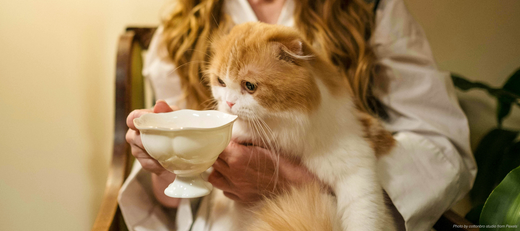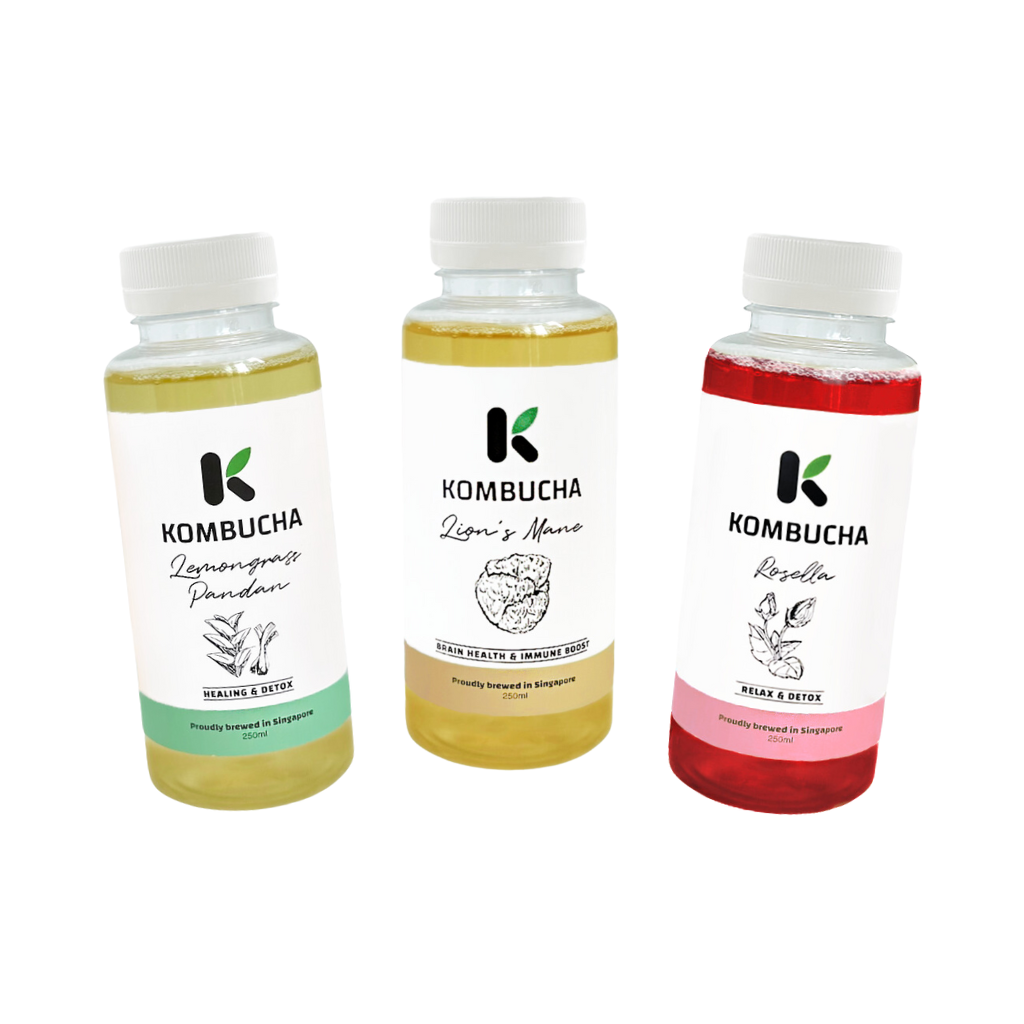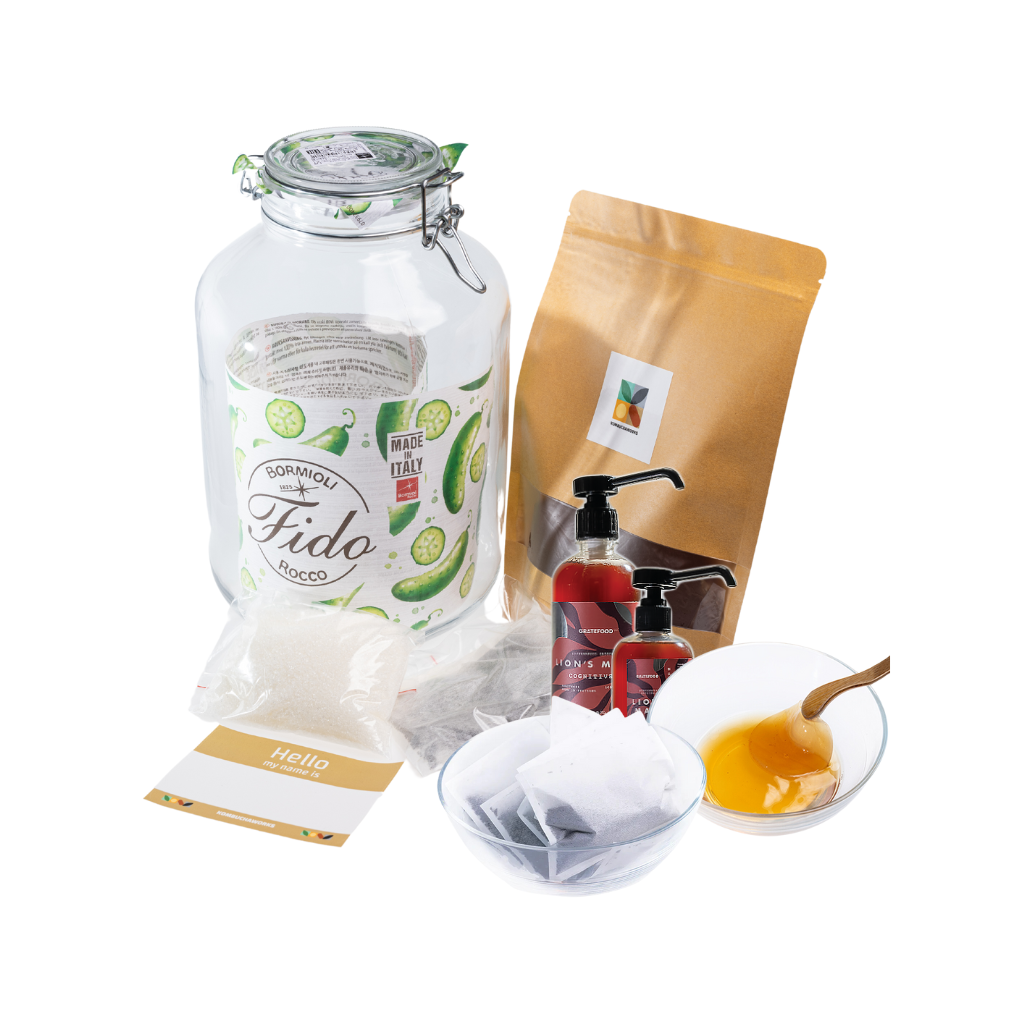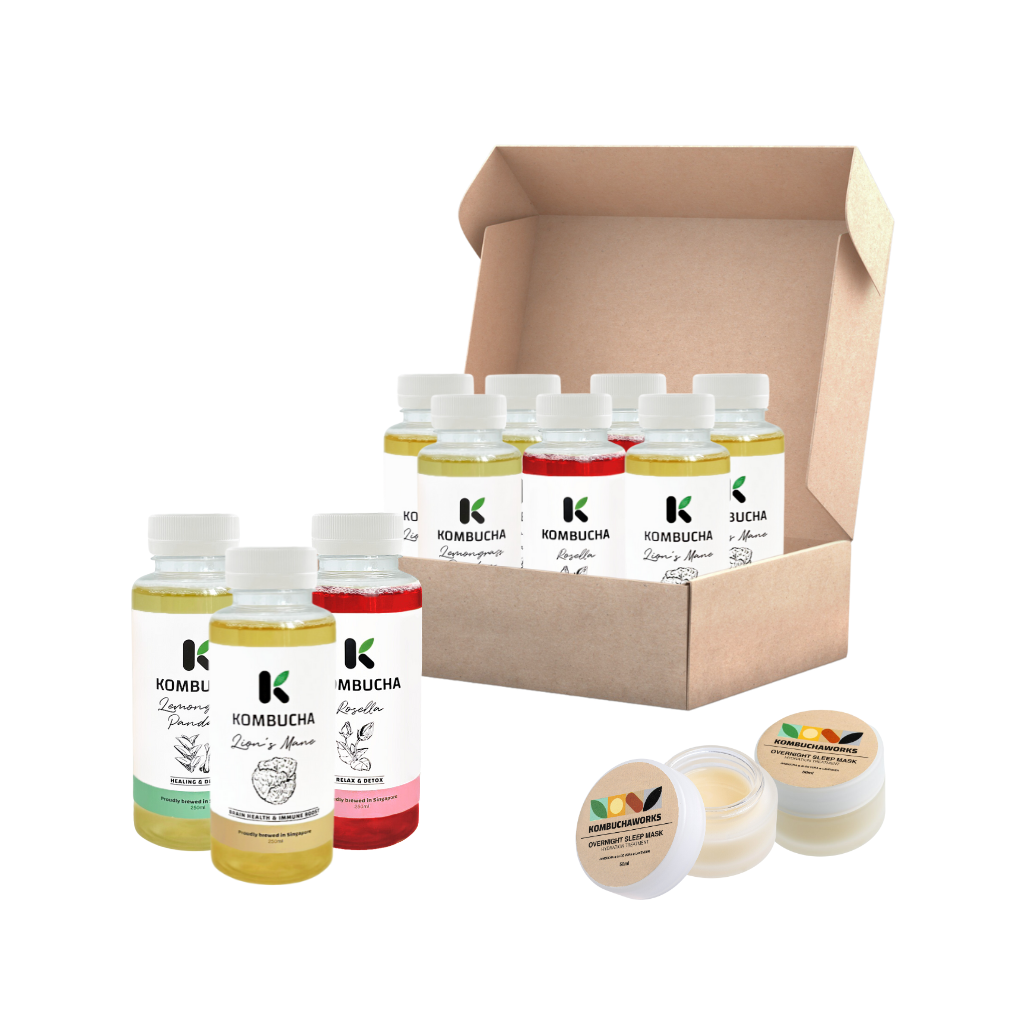Kombucha has become increasingly popular among health-conscious individuals. Rich in probiotics, antioxidants, and organic acids, it’s often touted as a health elixir for humans.
It's reputation for supporting digestion, boosting immunity, and offering detoxifying properties has led some pet owners to wonder: can this trendy drink be shared with their furry friends such as dogs or cats? Let’s delve into the safety and implications of giving kombucha to pets.
Potential Benefits for Pets
|
 |
While kombucha offers health benefits for humans, its suitability for pets depends on careful consideration and moderation. Potential risks such as caffeine, alcohol, and acidity should not be overlooked. Caffeine, found in tea-based kombucha, can cause restlessness, while alcohol may lead to lethargy. The acidity can irritate their stomach, and sugar may contribute to obesity and dental issues. By selecting the right type of kombucha and introducing it cautiously, you might be able to share its probiotic benefits with your furry friends.
How to Offer Kombucha to Pets Safely?
If you’re considering giving kombucha to your pet, keep these tips in mind to minimize risks:
- Choose Decaffeinated Kombucha: Opt for kombucha made with herbal teas to eliminate the risk of caffeine toxicity.
- Go for Plain Varieties: Avoid flavored kombucha, which may contain ingredients toxic to pets, such as certain fruits or spices.
- Dilute Before Serving: Mix a small amount of kombucha with water to reduce its acidity and sugar concentration.
- Start Small: Introduce kombucha in tiny amounts and observe your pet for any adverse reactions. Once a day, mix 1-2 teaspoons into their wet food (not dry, as it may clump and your pet might refuse to eat it).
- Consult Your Veterinarian: Always check with your vet before adding anything new to your pet’s diet.
- DIY Kombucha, Brew Your Own for Better Control: For pet owners curious about kombucha, brewing your own at home allows you to have complete control over its ingredients, reducing potential risks.

Other Uses of Kombucha
- For skin ailments or fleas: use Kombucha in a spray bottle directly on affected areas. It soothes pain and repels fleas due to its pH levels.
- For a quick clean: mix Kombucha with water (add just 1 small drop of tea tree oil if desired), spray on a rag, and wipe your pet to remove dirt. In addition, Kombucha’s antimicrobial properties help prevent the "wet-dog" smell, leaving your pet’s smell fresh. And just like human hair, Kombucha will soften your pet’s fur whether you spray it on or feed it to them.
Excess SCOBY: Natural Pet Chew Toy
Got some excess or old SCOBY? Try dehydrating it to make a chew toy for your dog. Simply cut the SCOBYs into strips, place them in the dehydrator at 95 degrees, and dehydrate until dry. Smear on their favorite treat and watch your dog enjoy their new chew toy!
The dried SCOBY has a leather-like texture, while the probiotics work their magic. You can store the strips in a sealed container for several months.
In conclusion, kombucha can be a healthy addition to your pet’s life if introduced with care. Start with very small servings, stick to plain, diluted, and vet-approved options. And if you’re ready to take the leap, our DIY kits make it easy to craft safe, homemade kombucha for the whole family, pets included! 🐶😺
Remember, every pet is unique, and their tolerance for new foods varies. When in doubt, consult your veterinarian to ensure your pet’s safety and well-being. Sharing kombucha responsibly can be a fun way to explore wellness together. 🍃





